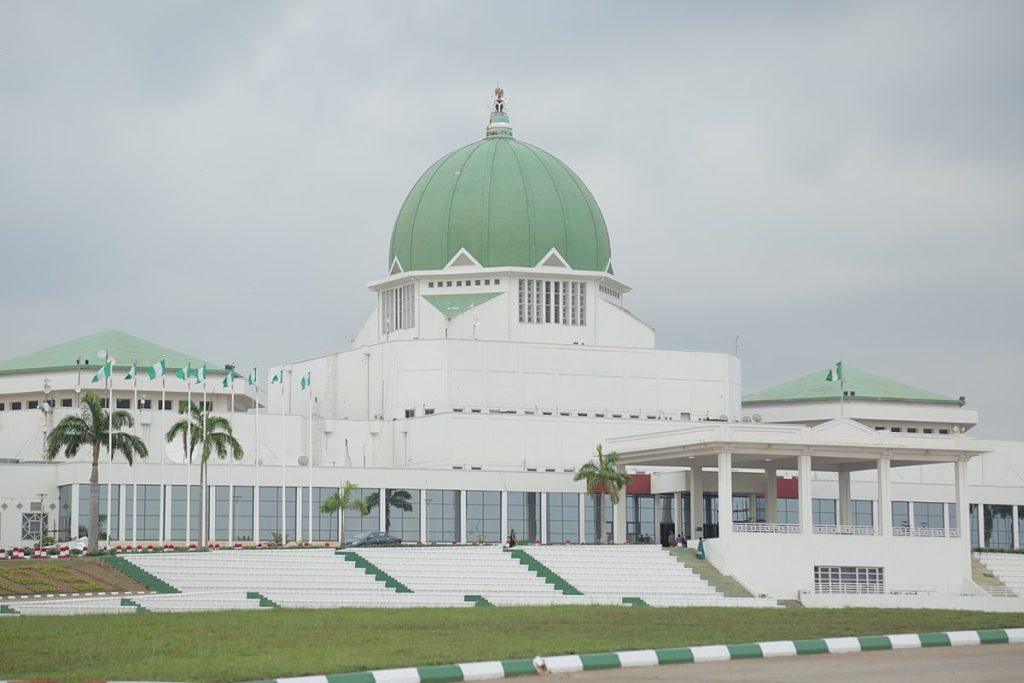Paragraph 1: A Landmark Achievement in Fiscal Reform
The Nigerian National Assembly achieved a significant milestone in its pursuit of fiscal reform with the passage of four harmonized tax bills. These landmark pieces of legislation, initiated by President Bola Tinubu, aim to modernize Nigeria’s tax administration and enhance revenue generation. This legislative victory represents a crucial step towards strengthening the nation’s fiscal framework and fostering economic growth. The bills, namely the Joint Revenue Board (Establishment) Bill, the Nigeria Revenue Service (Establishment) Bill, the Nigeria Tax Administration Bill, and the Nigeria Tax Bill, underwent rigorous scrutiny and debate before their final adoption.
Paragraph 2: Navigating the Legislative Process
The journey of these bills through the legislative process involved meticulous consideration by both chambers of the National Assembly. Initially passed separately by the Senate and the House of Representatives, differences in the versions necessitated the formation of a conference committee. This committee, comprising members from both chambers, diligently worked to reconcile the discrepancies and produce harmonized versions acceptable to both houses. The collaborative spirit demonstrated by the legislators underscores their commitment to enacting effective tax reforms.
Paragraph 3: Key Provisions and Agreements
The harmonized bills introduce several key provisions designed to streamline tax administration and boost revenue collection. A notable provision is the imposition of a 4% development levy on the assessable profit of eligible companies, excluding small and non-resident companies. The revenue generated from this levy will be allocated to various crucial sectors, including education, technology development, infrastructure, and security. The distribution formula agreed upon reflects a strategic allocation of resources to support national development priorities.
Paragraph 4: Allocation of Development Levy Funds
The allocation of the development levy funds reflects a prioritization of key sectors deemed crucial for national development. A significant portion of the funds, 50%, is earmarked for the Tertiary Education Trust Fund, while 15% is allocated to the Education Loan Fund, a significant increase from the initially proposed 3%. The Nigeria Information Technology Development Fund and the National Agency for Science and Engineering Infrastructure will receive 8% each. The National Board for Technology Incubation receives 4%, while defence and security infrastructure receives 10%. Finally, 5% is dedicated to the cybersecurity fund. Noteworthy exclusions from the beneficiary list include the Social Security Fund, Nigeria Police Trust Fund, and National Sports Development Fund.
Paragraph 5: Additional Provisions and VAT Considerations
Further enhancing revenue generation, the harmonized bills introduce a 5% surcharge on chargeable fossil fuel products produced or provided in Nigeria. This surcharge will be collected at the point of transaction. The existing Value Added Tax (VAT) sharing formula remained unchanged in the final versions of the bills, indicating a consensus on this often-debated aspect of tax policy. The careful consideration of these various elements reflects the legislators’ commitment to crafting a comprehensive and effective tax reform package.
Paragraph 6: Final Steps and Future Outlook
Following the successful passage in both chambers, the harmonized bills are now poised for presidential assent, marking the final stage in their journey to becoming law. The executive branch is expected to act swiftly on these crucial pieces of legislation. Lawmakers emphasized the importance of maintaining the integrity of the finalized bills during the administrative "cleaning" process, cautioning against any alterations that could jeopardize presidential approval. The successful enactment of these tax reforms holds significant promise for modernizing Nigeria’s tax system, enhancing revenue collection, and driving sustainable economic development.


